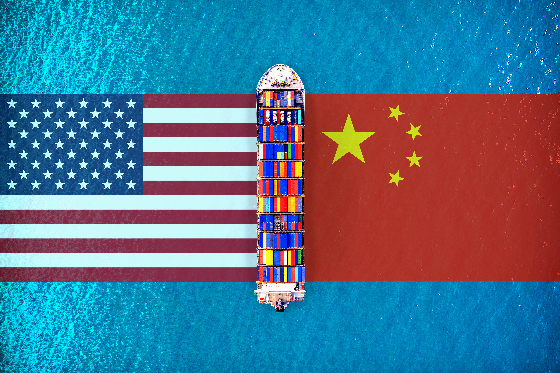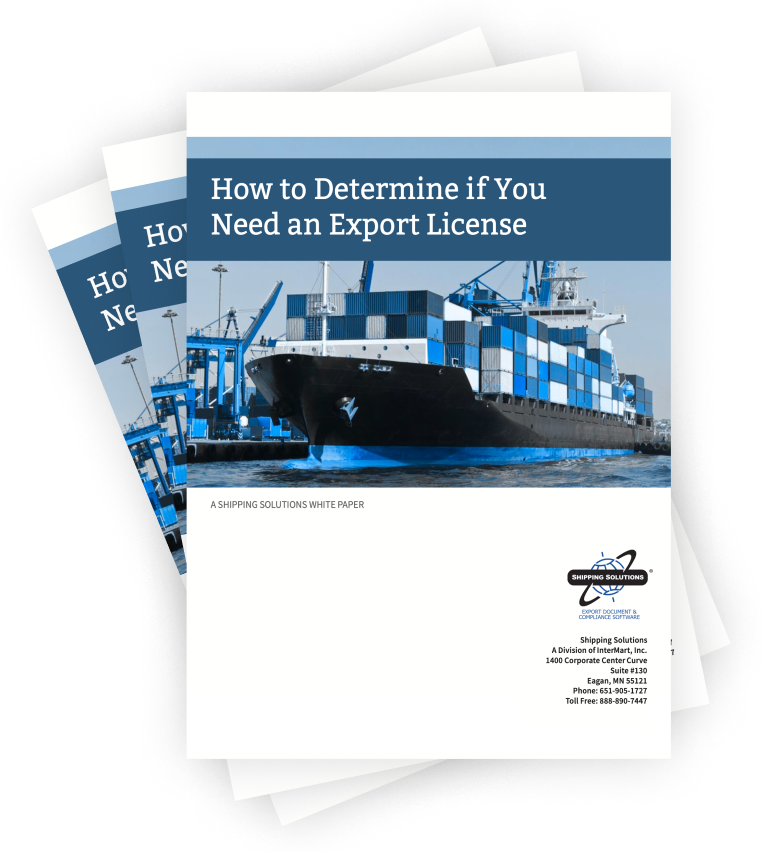The International Trade Blog Export Compliance
BIS Restricts Semiconductor Exports to China: The New Rules and How They Unfolded
On: November 28, 2022 | By:  Leslie Glick |
2 min. read
Leslie Glick |
2 min. read
 In August 2022, exercising its export control powers under section 744.21 of the Export Administration Regulations (EAR), the Department of Commerce, Bureau of Industry and Security (BIS) unveiled new restrictions on exports of advanced semiconductors to China.
In August 2022, exercising its export control powers under section 744.21 of the Export Administration Regulations (EAR), the Department of Commerce, Bureau of Industry and Security (BIS) unveiled new restrictions on exports of advanced semiconductors to China.
The restrictions also include advanced chips, in the range of 6 or 7 nanometers, which are used in artificial intelligence (AI) related applications and in electric vehicles (EV). The restrictions also apply to Burma, Belarus, Cambodia and Russia, but the clear focus was China. The Biden administration has focused on "China decoupling" and reshoring key industry and jobs as part of its Build Back Better initiative.
The changes were effected in a somewhat unusual manner. BIS approached two U.S. companies by issuing what is known as an "informed letter," which in effect blocked these advanced chip producers from selling products used in integrated circuits (eg., AMD MI250 and NVIDIA premium AI accelerators) to China without a license. However, elsewhere BIS announced that there would be a presumption of denial for new licenses for these products. The restrictions in this case applied also to Hong Kong and Russia. The stated goal of these restrictions was to prevent the use of these advanced chips in "military activities" in China, but many believe that slowing China's growing leadership in EV production and EV batteries was part of the goal.
Certain rules to implement these new policies were published in the Federal Register on Oct. 13,2022, (87 FR 62186) as an interim rule with a stated purpose of protecting U.S national security and foreign policy interests, the latter most likely being to dominate the EV and supercomputer industries. These new rules are subject to comment until Dec. 12, 2022. New numbers were added to the Export Control Classification List to cover these new categories effective Oct. 7, 2022. A temporary general license has been issue for some products to avoid hardship in the transition.
These new regulations reflect a new, more stringent policy on supplying sensitive products to China. This can also be seen in the more recent Inflation Reduction Act, which limited tax credits on new EVs to vehicles with final assembly in the United States and with EV batteries containing a large percent of North American content, among other provisions.
Companies with commercial relationships with Chinese companies need to carefully understand these new provisions to avoid costly fines and penalties and possibly even potential criminal sanctions.
Like what you read? Subscribe today to the International Trade Blog to get the latest news and tips for exporters and importers delivered to your inbox.

About the Author: Leslie Glick
Leslie Glick is a shareholder and co-chair of the International Trade and Customs Specialty Team in the Washington, D.C. office of the Michigan-based law firm of Butzel Long P.C. He has practiced in the international trade and customs law area for over 40 years and served as counsel to a Congressional subcommittee.
As an adjunct to his work in these areas he has developed subspecialties in various regulatory areas, particularly Food and Drug Administration regulation of imports and exports of foods, drugs, cosmetics, medical devices, and tobacco and cannabis products. He has also handled issues with the National Highway Transportation Safety Administration (NHTSA) of the Department of Transportation dealing with imports of automobiles and auto parts. Mr. Glick has been a frequent speaker at seminars sponsored by the National Association of Customs Brokers and Forwarders Association of America, Practicing Law Institute, and foreign chambers of commerce such as the CONFINDUSTRIA VICENZA in Italy.
He is a graduate of Cornell University and Cornell Law School and is conversant in Spanish.


